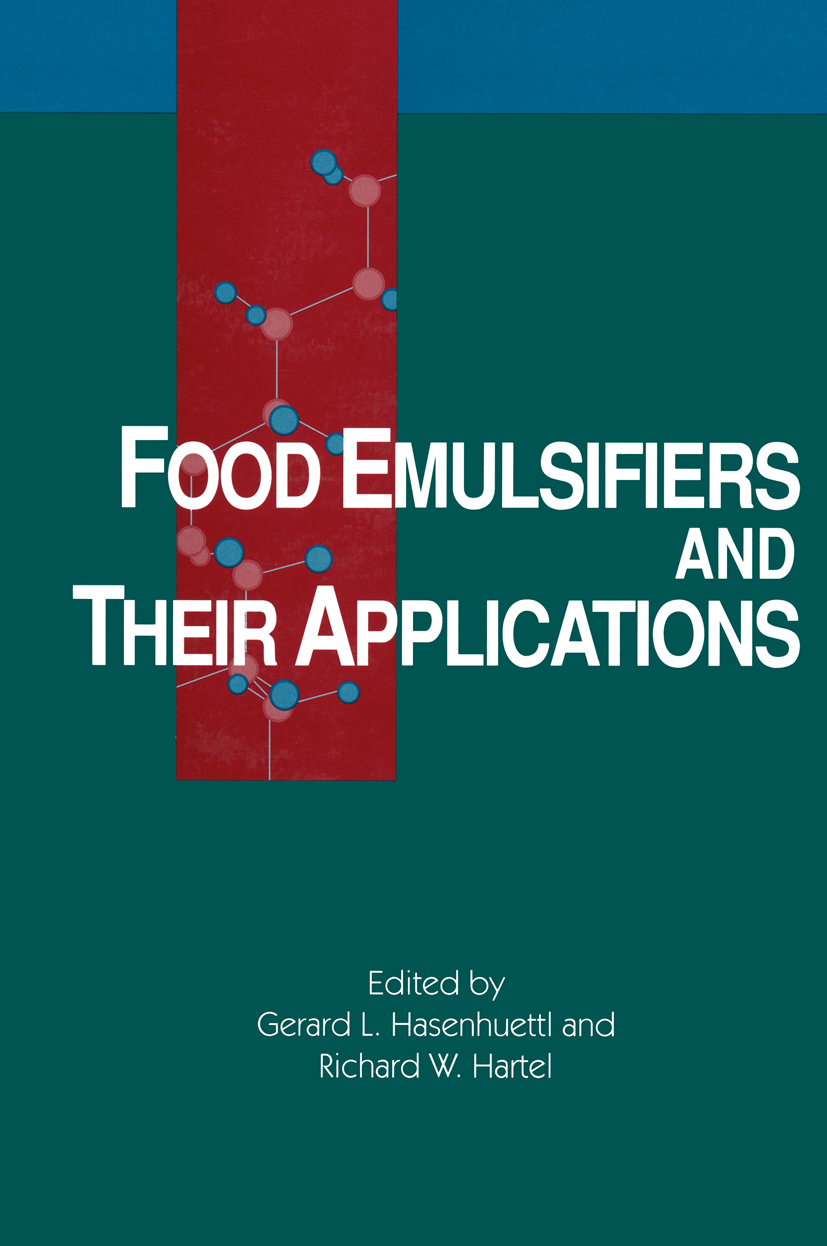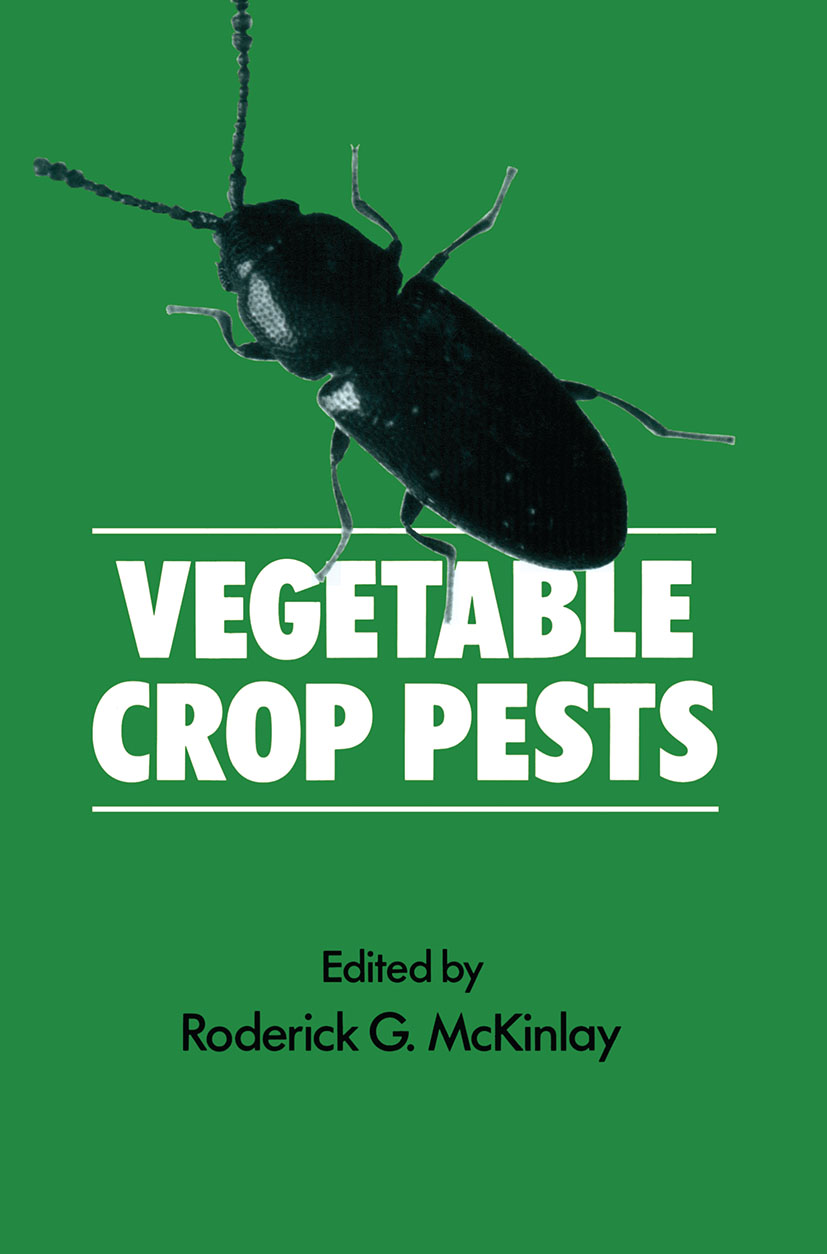Food Emulsifiers and Their Applications
by Gerard L. Hasenhuettl
2020-07-07 15:40:33
Food Emulsifiers and Their Applications
by Gerard L. Hasenhuettl
2020-07-07 15:40:33
Emulsifiers have traditionally been described as ingredients that assist in formation and stabilization of emulsions. The definition, however, may be expanded to include mixing of mutually insoluble phases. Foams (gas in liquid or solid) and dispersi...
Read more
Emulsifiers have traditionally been described as ingredients that assist in formation and stabilization of emulsions. The definition, however, may be expanded to include mixing of mutually insoluble phases. Foams (gas in liquid or solid) and dispersions (solids in liquids or other solids) may be stabilized by emulsifiers. For this reason, the terms emulsifier and surfactant are used interchangeably. The first emulsifiers were naturally occurring surface-active proteins, such as egg or casein. With advances in chemical and engineering technologies, the array of emulsifiers has been greatly expanded. Applications to food products have enabled the widespread distribution of packaged foods. Selection and design of emulsifiers was done by experienced product developers who were familiar with the behavior and int- actions of each emulsifier. Over the past few decades, tremendous progress has been accomplished in the fundamental understanding of emulsions, dispersions and foams. This book has focused on the design and application of emulsifiers as versatile food ingredients. The second edition has updated and expanded applications, from both theoretical and practical perspectives. The first three chapters describe design, synthesis, analysis, and commercial preparation of emulsifiers. Synergistic and antagonistic interactions with other food ingredients, such as carbohydrates, proteins, and water, are discussed in the next three chapters. The remainder of the book p- vides detailed descriptions of food product categories and quality benefits obtained by emulsifier systems. Dairy, infant nutrition, bakery, confectionery, and margarine products are included. Chapters on nutrition improvement (e.g., fat reduction) and processing techniques have been included.
Less



























.jpg)



